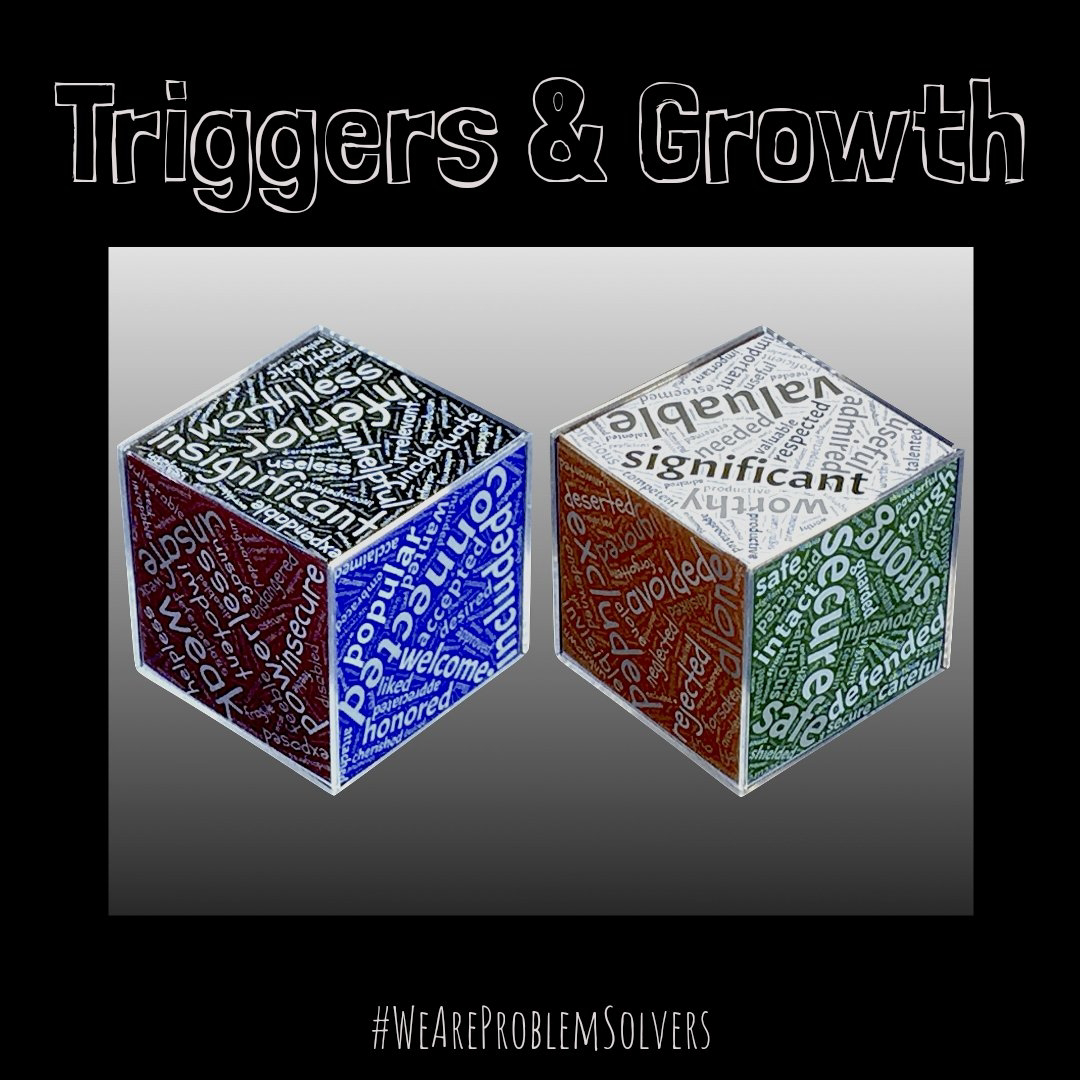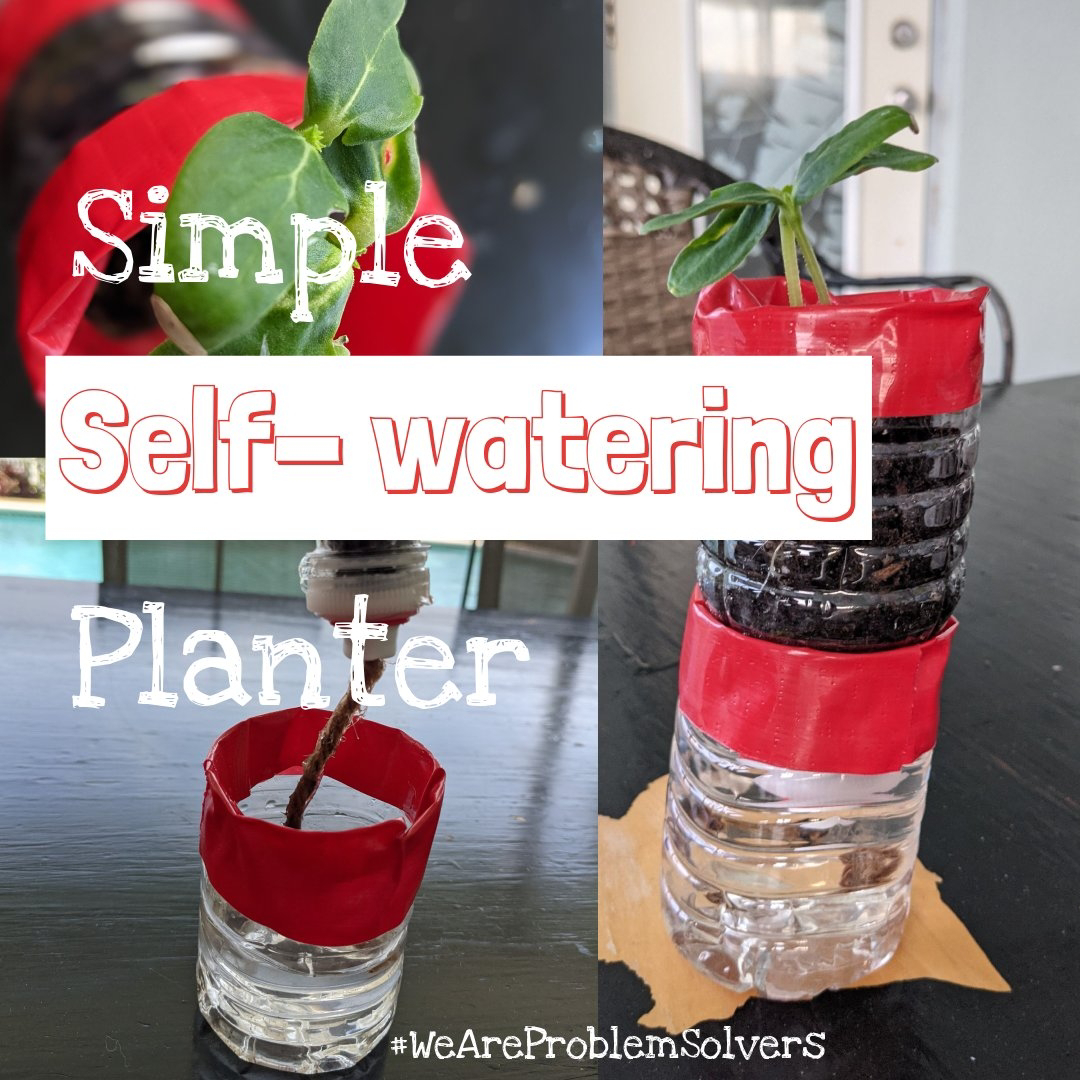Triggers and Growth
I wrote this up for something else. I have chosen to share here because it might help someone. It's about finding triggers and growth. The image is of two cubes, each filled with words. Opposite sides of the cubes have opposite words.
This is all about instilling confidence in children.
My mom worked in Special Ed for her career, and her last years with the district she specialized in mainstreaming autistic kids. One-on-one time and compassion goes far.
That is where this advice is coming from. Even if your child is not neurodiverse in the slightest, read on. These general things help anyone and everyone.
Start looking for what went right and praise when that happens. Even if 10 things go wrong, find that one thing that went right. Praise growth.
Begin learning their triggers when things go wrong. if you see a trigger coming, tell them about it before it becomes a thing, talk them through. Going to a place that might be loud or overwhelming? Talk about what might be there and what tools they have to get through. Loud? Hands can cover ears. Bright? Can close eyes. Etc.
A quick conversation ahead of time helps them to build confidence and get through. The more you respond and talk through in a comforting way, the more capable and confident they will become.
Is there an obvious trigger? These lead to meltdowns, not tantrums. During a meltdown, it's time to shift. Help them get away, calm, comfortable before they hurt themselves or others.
A few things that come up:
Growth spurt = hunger -> larger meals
Less than 10 hours sleep = exhaustion -> more sleep at night if they don't nap.
Other random things to keep an eye on:
Too noisy
Uncomfortable clothing
Unsure of how to do something
Feeling overwhelmed looking at the final result and can't break a task into pieces.
Frustration over being able to do something they expect to do.
It's a lot. Compassion goes far.
As they feel more secure with themselves and what to do with the world around them, they will be more calm and capable.
There are so many tricks that worked for us that might or might not work for you. I'm just going to encourage you not to give up.
Do you feel like you need extra support to get through this? Talk to the pediatrician.
If you're in the US, you can also talk to your school district about an evaluation, to see if they will need extra support in place when they are at school.
Above all, love.



Comments
Post a Comment